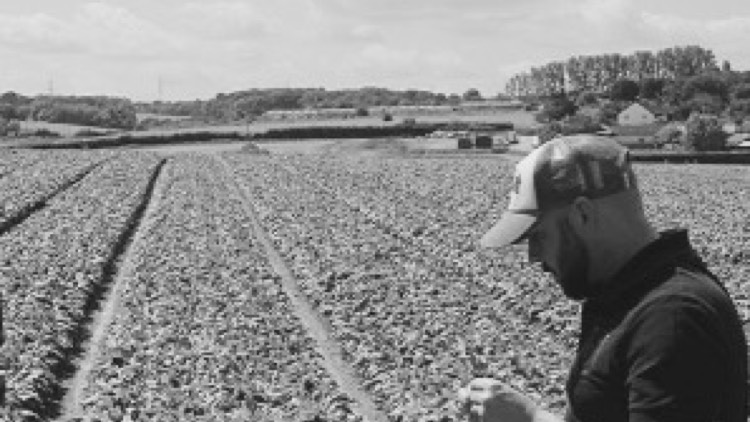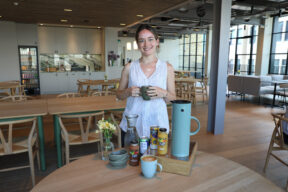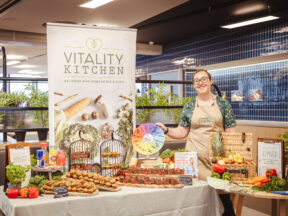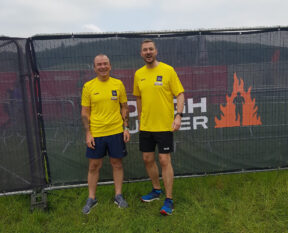Blogs
Wilful waste makes woeful want

Waste not, want not.
When my Mum used to say this to me I never fully understood what she meant. In fact, I don’t think she fully understood what she meant; she was passing on the adage from her Mum… who lived by it.
It means that wise use of ones resources will keep one from poverty.
It’s a very old saying, and up until quite recently, has been a way of human life from the very beginning.
My Nan lived to be almost a hundred, she worked in the fields picking hops whilst maintaining a family home of 7 children. Money and time was a luxury unafforded and so everything was used to its fullest, very little was wasted, especially food.
My Mum was a child after the War and consumerism was very different when she reached adulthood. There was no need to spend time growing food, harvesting it and cooking or preserving it when it could all be bought with a weekly shop to the supermarket.
Now we are consuming even more. We can buy things so readily and inexpensively that the value of a commodity has decreased. With this comes a huge increase of waste and when we see only what we waste, it’s difficult to comprehend the level of waste on a global scale and the affect it is having.
Last week I visited Watts Farm and was shocked to see the amount of perfectly good produce that is discarded, not from bad management, but from industry mechanics. A field of sweet, crunchy turnips that were being dug back in to the ground because it was more cost effective for one man and his tractor to re-plough than to harvest it again; a field of fennel that had grown too big to be sold; rows of perfect salad leaves that had also grown too big; green beans that were too thick, long or bent to make the supermarket grade. Imagine, this is only one farm on one day……
When we understand that about a third of all the worlds food produced for human consumption are wasted and that there are around 1 billion people who do not have enough food to lead a healthy life, then it’s obvious things need to change.
As a consumer and food provider, we can help make a positive change. We can change our own habits; buy only what we need; cook what we need; store properly to maximise the life of a product; preserve surplus or older foods. This is how we have historically lived, how we should live again, how my Nan lived.
Of course there are people, institutions and even restaurants that are taking positive steps towards solving this problem. One noteworthy restaurant in the UK is ‘Silo’ in Brighton. It takes every step it can to reduce its waste; dealing with farmers direct, composting on site, brewing its own beer and even milling its own flour, but more of us need to do more. We cannot continue to take things from the Earth only to bury them again when they become waste.
I was always told that wasting food was a bad thing but never understood the impact ‘waste not, want not’ could have on our lives if we didn’t follow it. It is no longer just the wise use of ones resources, but the wise use of everyone’s resources to keep the planet from poverty.
Until next time…
Darren Collier
Development Chef





